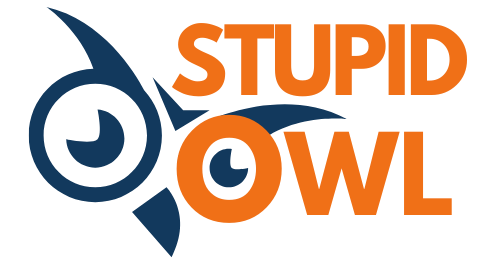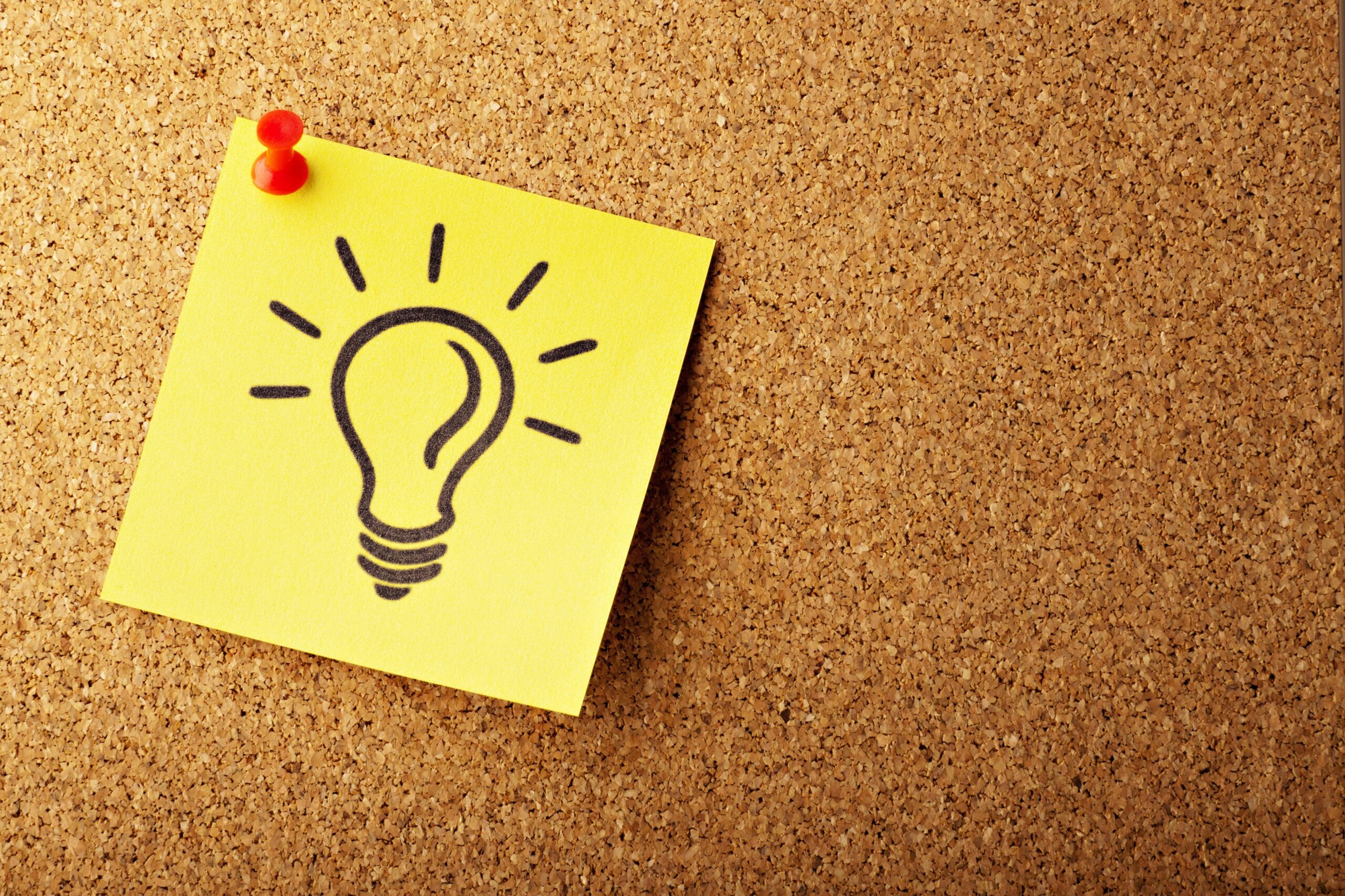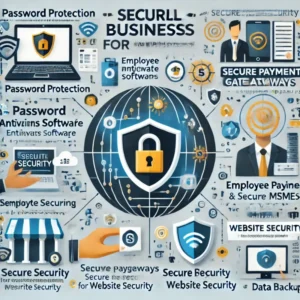Relevant Information: What You Need to Know
When it comes to gathering information, it’s important to focus on what is relevant. Whether you’re conducting research for a project or trying to stay informed on a particular topic, sifting through a sea of information can be overwhelming. That’s why it’s crucial to know how to identify and prioritize the information that is most pertinent to your needs.
Identifying Relevance
One of the first steps in gathering relevant information is to clearly define your objective. What specific information are you looking for? By having a clear goal in mind, you can filter out irrelevant data and focus on what really matters.
Next, consider the source of the information. Is it from a reputable and trustworthy website, publication, or expert in the field? Evaluating the credibility of the source is essential in ensuring the information you gather is reliable and accurate.
Additionally, relevance can also be determined by the timeliness of the information. Depending on your topic, you may need the most up-to-date data or historical information. Understanding the timeframe that is most relevant to your needs will help you narrow down your search.
Prioritizing Information
Once you have identified the relevant information, it’s important to prioritize it based on its importance and usefulness. This can be done by considering the following factors:
1. Accuracy and Reliability
Ensure that the information you gather is accurate and reliable. Look for supporting evidence, citations, or references that back up the claims made in the information. This will help you avoid misinformation or biased data.
2. Relevance to Your Objective
Keep your objective in mind and focus on the information that directly relates to it. Avoid getting sidetracked by irrelevant details or tangents that do not contribute to your goal.
3. Depth of Information
Consider the depth of information provided. Does it provide a comprehensive understanding of the topic or is it just scratching the surface? Depending on your needs, you may require more in-depth analysis or a broader overview.
4. Multiple Perspectives
When gathering information, it’s important to consider multiple perspectives. This can help you gain a well-rounded understanding of the topic and prevent any biases or one-sided viewpoints.
Organizing and Storing Information
Once you have gathered and prioritized the relevant information, it’s crucial to organize and store it in a way that is easily accessible and retrievable. This can be done through various methods such as creating folders, using digital tools, or utilizing note-taking techniques.
Organizing your information not only helps you find what you need quickly but also allows for easier referencing and citation if required. It also helps prevent information overload and ensures that you can effectively utilize the gathered data.
Conclusion
When it comes to gathering information, focusing on what is relevant is key. By clearly defining your objective, evaluating the credibility of sources, and prioritizing information based on its accuracy, relevance, depth, and multiple perspectives, you can gather the information you need efficiently and effectively. Remember to organize and store the information in a way that allows for easy access and retrieval. With these strategies in place, you can navigate through the vast sea of information and find the relevant data that will help you achieve your goals.




